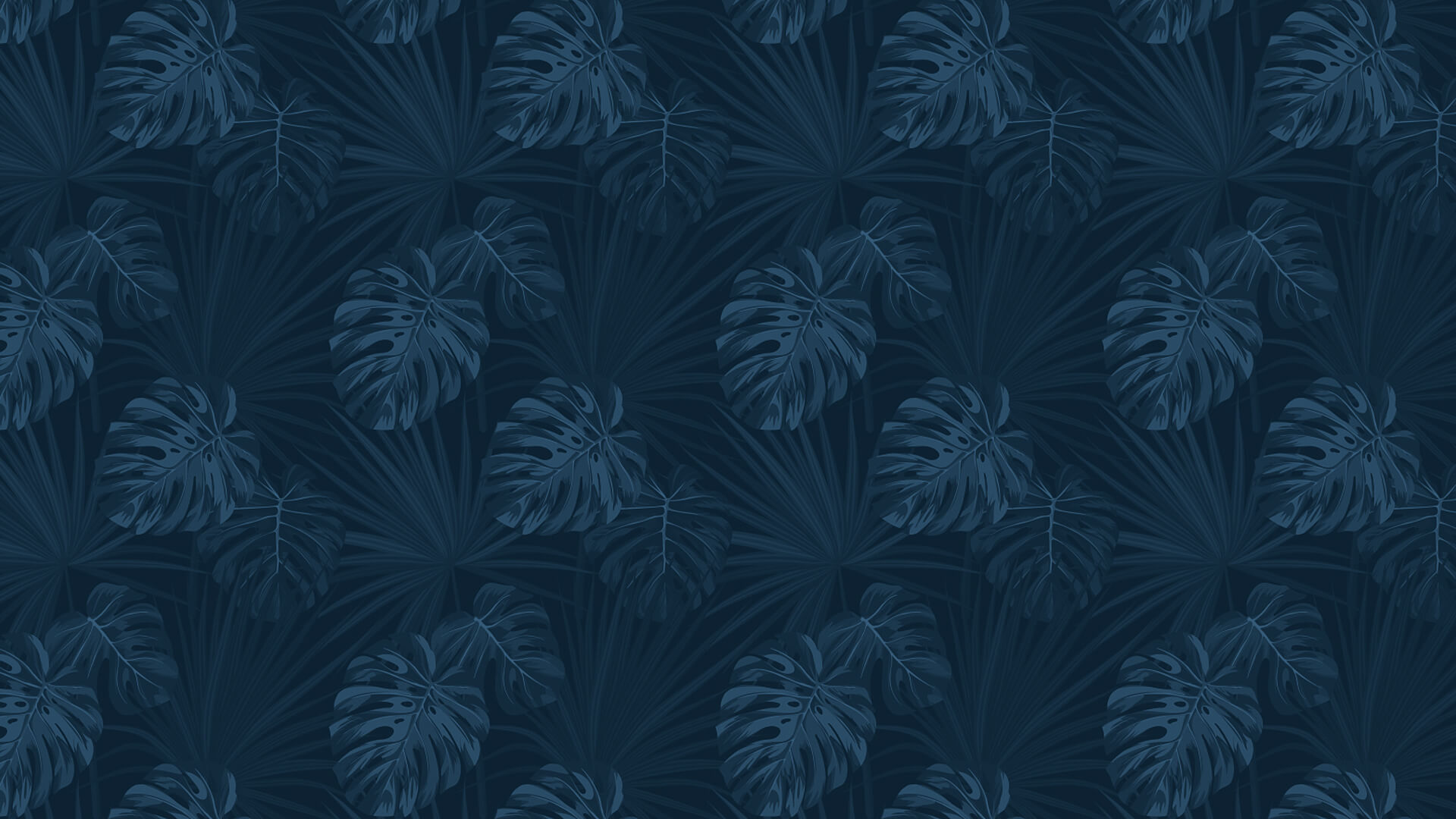Why do certain hairstyles of Black women Initiate disrespect?

Hair is a significant part of a Black woman's identity; our hair tells a rich story of our roots and DNA, more than our mouths are even able to. And for Black women in diaspora, our hair is most likely the only tangible connection we have to our place of origin after centuries of systemic oppression.
Black women have for a long time carried the weight and stigma of their hair being labelled as "unprofessional" under conditions of employment[1].
In order to be a "good fit" in mainstream white society, Black women are advised to alter the natural texture of their hair so it is "presentable." When Black women choose to wear their hair in certain styles, they become introduced and tied into the "matrix of domination."
As Harvey (2020) provides insight, Black Women's experiences in society need to be conceptualized as gendered and racialized, seeing as we evidently struggle against societal norms which work to preserve the subtle forms of discrimination[2], such as black women being discouraged from wearing their hair in social and professional settings.

Drawing on relatively recent media examples, it is indisputable that black women and the hairstyles they choose to wear have been made the butt of a joke on several occasions. By merely displaying their originality and ingeniousness, Black women are made subject to critique and evaluation from the lens of the beholder.
A prime example of this occurred back in the 2015 Oscar Awards, when Giuliana Rancic, an E! show host, made an outrageously offensive comment and racist joke, saying that Zendaya's hairstyle, which were locs at the time, smelled like "patchouli oil or weed"[3].
Black women's hairstyles, if unappealing to the gaze of the beholder, thus become labelled as unattractive and different.
Another example which happened very recently was the joke about Jada Smith's hair at the Oscars Academy Awards, which took place just last month. Comedian Chris Rock made a joke associating Jada Pinkett Smith, who is dealing with a health condition that caused her to lose her hair, with a character from the movie G.I. Jane. This joke in itself led to a series of rather unfortunate events at the Oscars.

The subject of the treatment of black people based on the hairstyles they decide to wear in professional and academic settings has been dismissed as a nonissue for many years. Still, these recent instances aren't isolated or new experiences.
The policing of black hair has been happening for centuries.
References
Meadows-Fernandez, R. (2020, June 1). How I love my natural hair in a society that likes straight and Blonde. Byrdie. https://www.byrdie.com/natural-hair-essay
Harvey, A. (2020). Feminist Media Studies. Polity.
Kirkpatrick, E. (2021, March 19). Zendaya says Giuliana Rancic's infamous comment about her Oscars dreadlocks made her think about how she could "have a lasting impact". Vanity Fair. https://www.vanityfair.com/style/2021/03/zendaya-giuliana-rancic-dreadlocks-comment-oscars-2015-w-magazine
